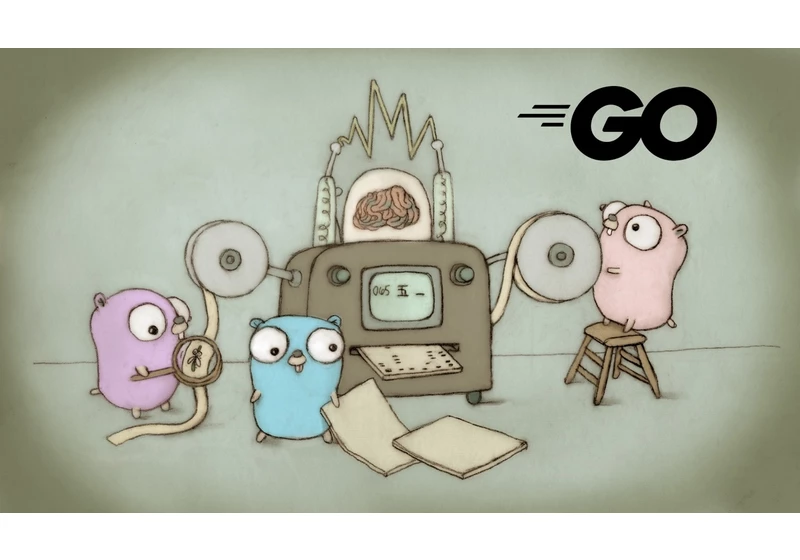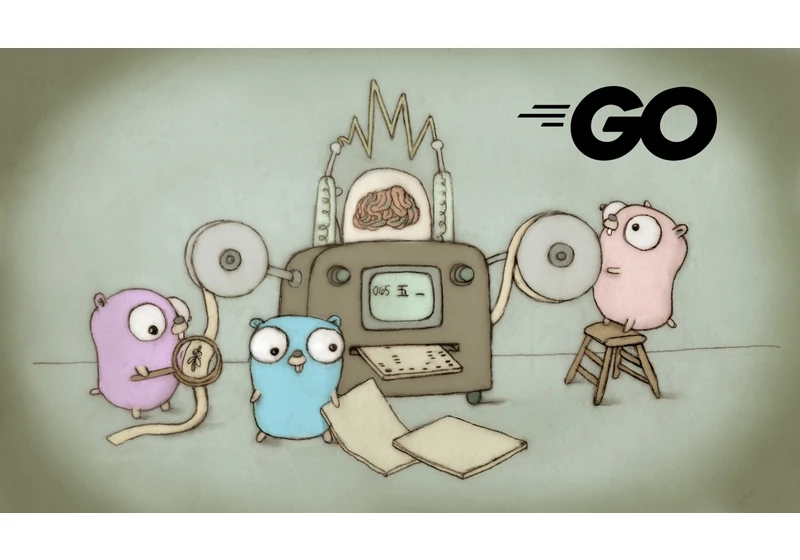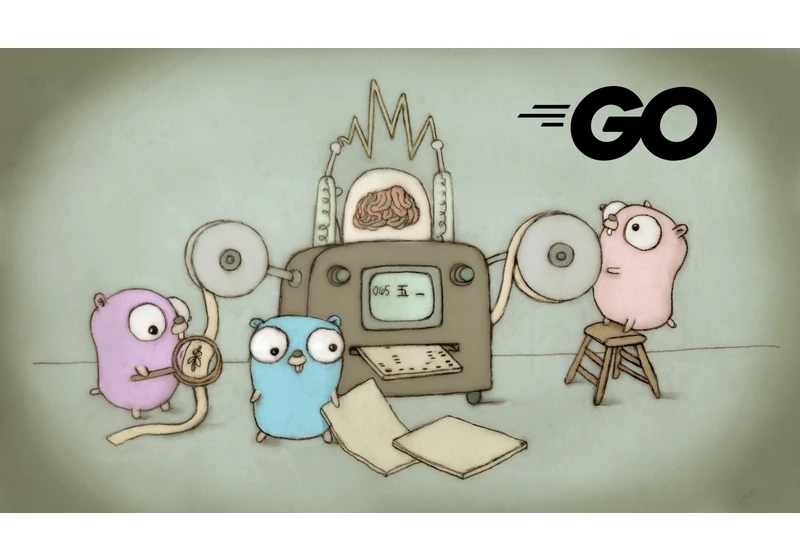The Go Blog
How Go Mitigates Supply Chain Attacks
Filippo Valsorda
31 March 2022
Modern software engineering is collaborative, and based on reusing Open Sourcesoftware. That exposes targets to supply chain attacks, where software projects are attacked by compromising their dependencies. Despite any process or technical measure, every dependency is unavoidably a trust relationship. However, the Go tooling and design help
The Go Blog
An Introduction To Generics
Robert Griesemer and Ian Lance Taylor
22 March 2022
IntroductionThis blog post is based on our talk at GopherCon 2021:
The Go 1.18 release adds support for generics. Generics are the biggest change we’ve made to Go since the first open source release. In this article we’ll introduce the new language features. We won’t try to cover all the details, but we wil
The Go Blog
Go 1.18 is released!
The Go Team
15 March 2022
Today the Go team is thrilled to release Go 1.18,which you can get by visiting the download page. Go 1.18 is a massive release that includes new features, performance improvements, and our biggest change ever to the language. It isn’t a stretch to say that the design for parts of Go 1.18 started over a decade ago when we first released Go. Generics In Go 1
The Go Blog
Announcing Go 1.18 Beta 2
Jeremy Faller and Steve Francia, for the Go team
31 January 2022
We are encouraged by all the excitement around Go’s upcoming 1.18 release,which adds support for generics, fuzzing, and the new Go workspace mode. We released Go 1.18 beta 1 two months ago, and it is now the most downloaded Go beta ever, with twice as many downloads as any previous release. Beta 1 has also proved very
The Go Blog
Two New Tutorials for 1.18
Katie Hockman, for the Go team
14 January 2022
We will be releasing Go 1.18 soon, and this release includes a few new conceptsfor Go. We have published two new tutorials to help introduce you to these upcoming features. The first new tutorial will help you get started with generics. This tutorial walks you through creating a generic function that can handle multiple types, and call
The Go Blog
Go 1.18 Beta 1 is available, with generics
Russ Cox, for the Go team
14 December 2021
We have just released Go 1.18 Beta 1,which you can get by visiting the download page. The official Go 1.18 release won’t happen for a couple of months yet. This is the first preview release of Go 1.18, to let you kick the tires, take it for a spin, and let us know what problems you encounter. Go 1.18 Beta 1 represents
The Go Blog
Twelve Years of Go
Russ Cox, for the Go team
10 November 2021
Today we celebrate the twelfth birthday of the Go open source release.We have had an eventful year and have a lot to look forward to next year. The most visible change here on the blog is our new home on go.dev, part of consolidating all our Go web sites into a single, coherent site. Another part of that consolidation was replacing godoc.org with
The Go Blog
A new search experience on pkg.go.dev
Julie Qiu
9 November 2021
We are excited to launch a new search experience on pkg.go.dev.These changes were motivated by feedback we’ve received about the search page, and we hope you enjoy them. This blog post provides an overview of what you can expect to see on the site. Grouping related package search results Search results for packages in the same module are n
The Go Blog
Announcing the 2021 Go Developer Survey
Alice Merrick
26 October 2021
Help shape the future of GoToday we are launching the 2021 Go Developer Survey. We’d love to hear from everyone who uses Go, used to use Go, or is interested in using Go, to help ensure the language, community, and ecosystem fit the needs of the people closest to it. Please help us shape Go’s future by participating in this 10-
The Go Blog
Code of Conduct Updates
Carmen Andoh, Russ Cox, and Steve Francia
16 September 2021
Although the details of our Code of Conduct have beenadjusted over time, our goals have not. We want the Go community to be as inclusive, welcoming, helpful, and respectful as possible. If you want to use or discuss Go, we want you to feel welcome here. The community is large enough that, instead of assuming everyone knows w



